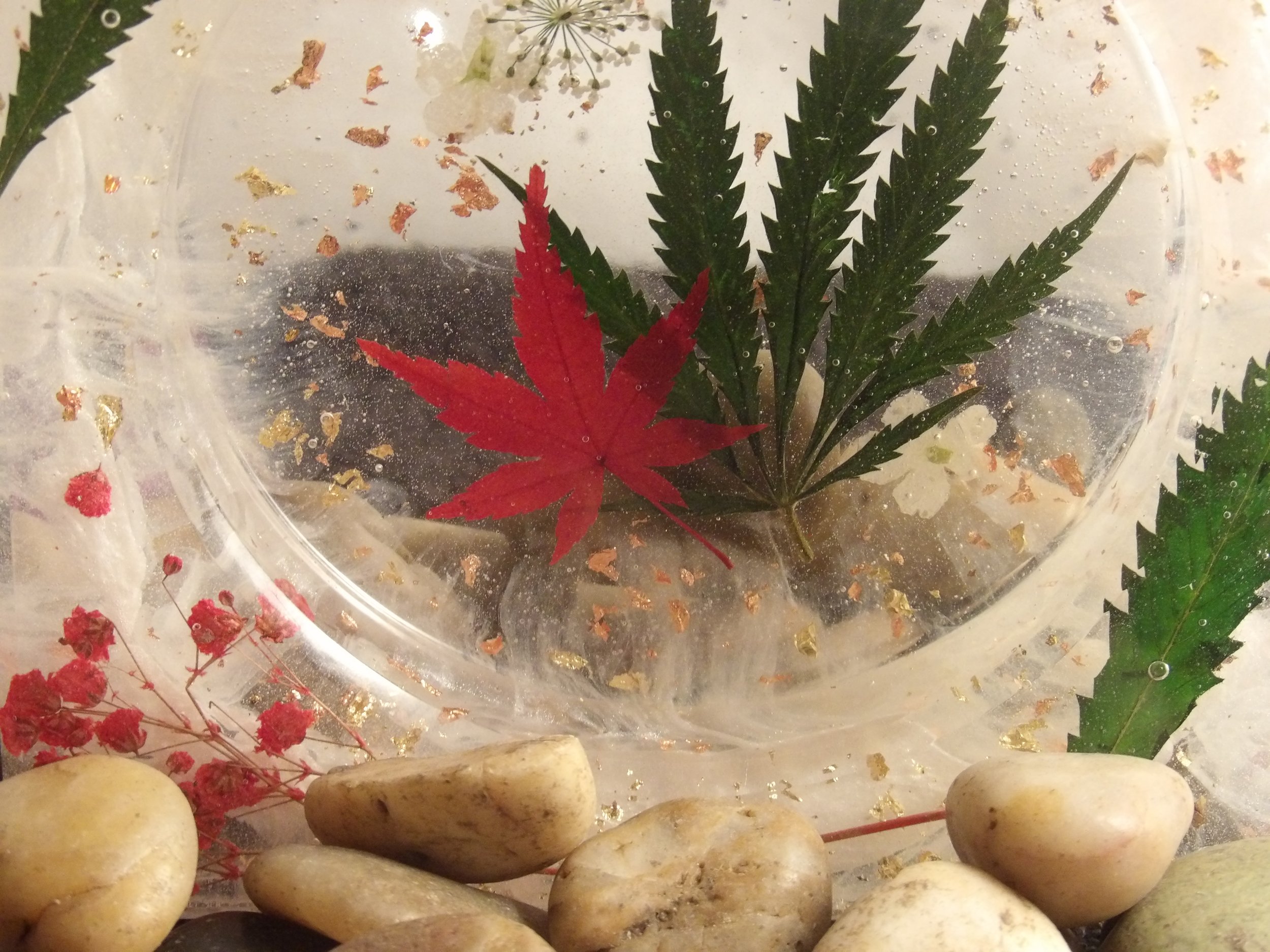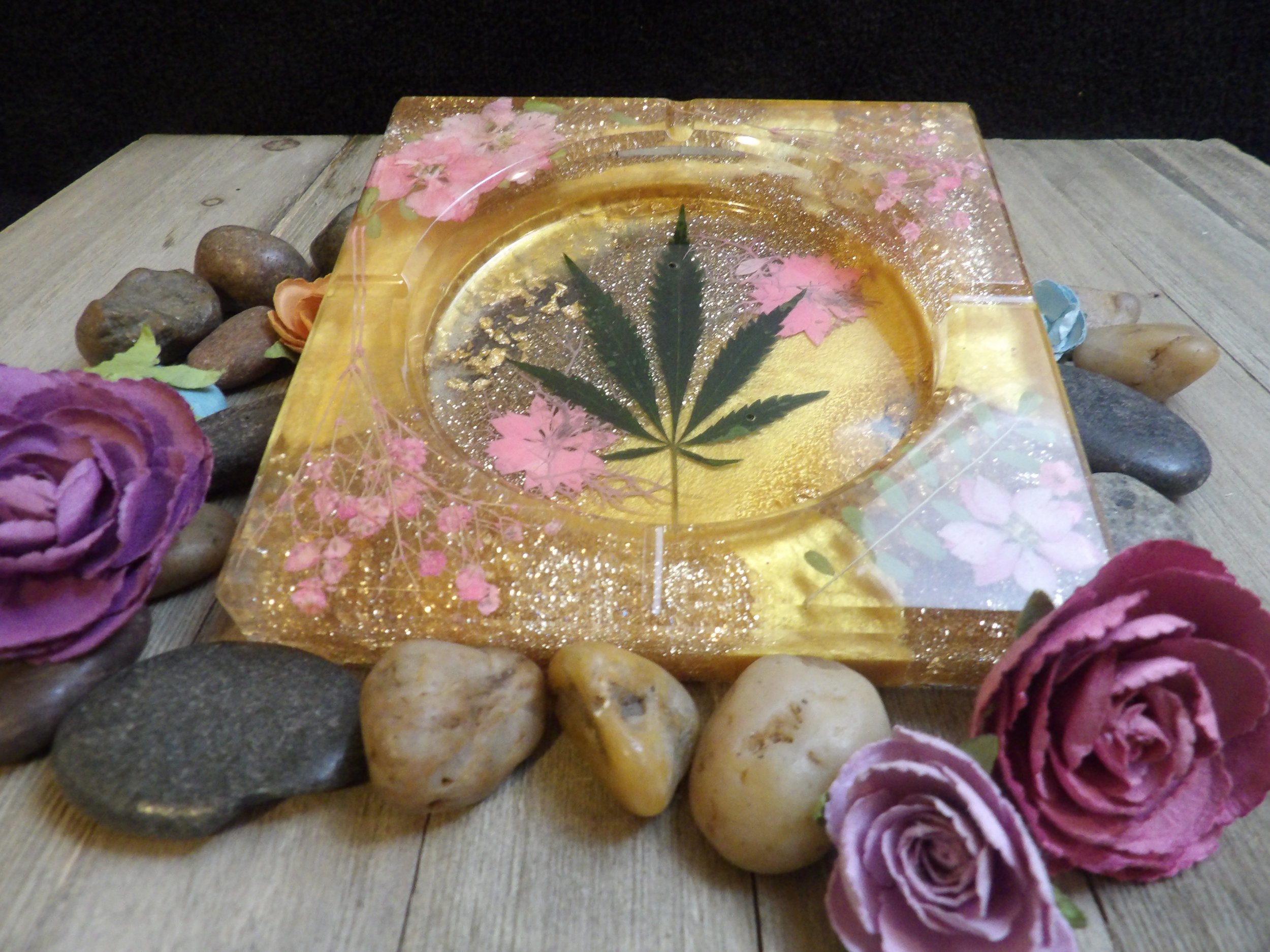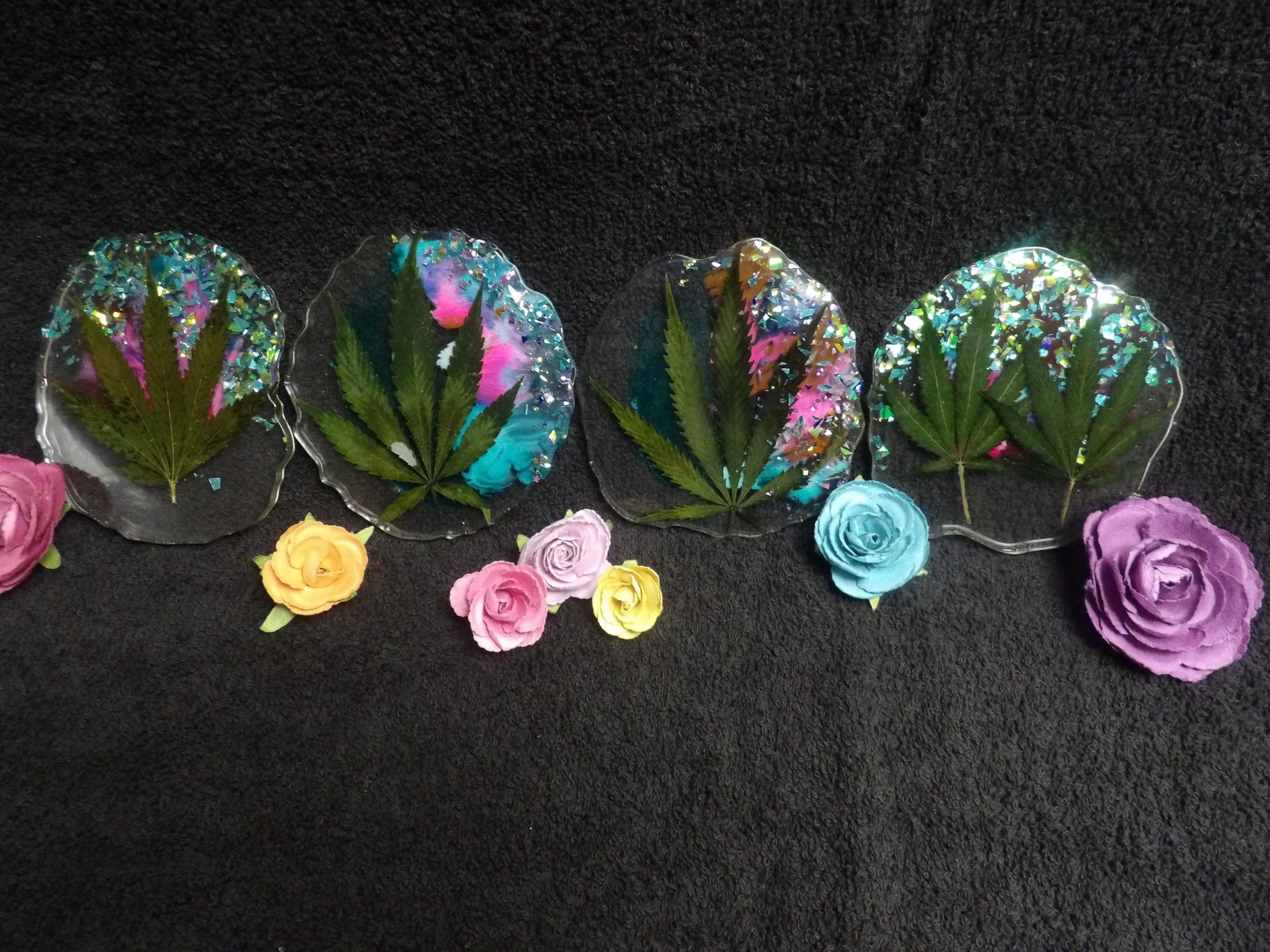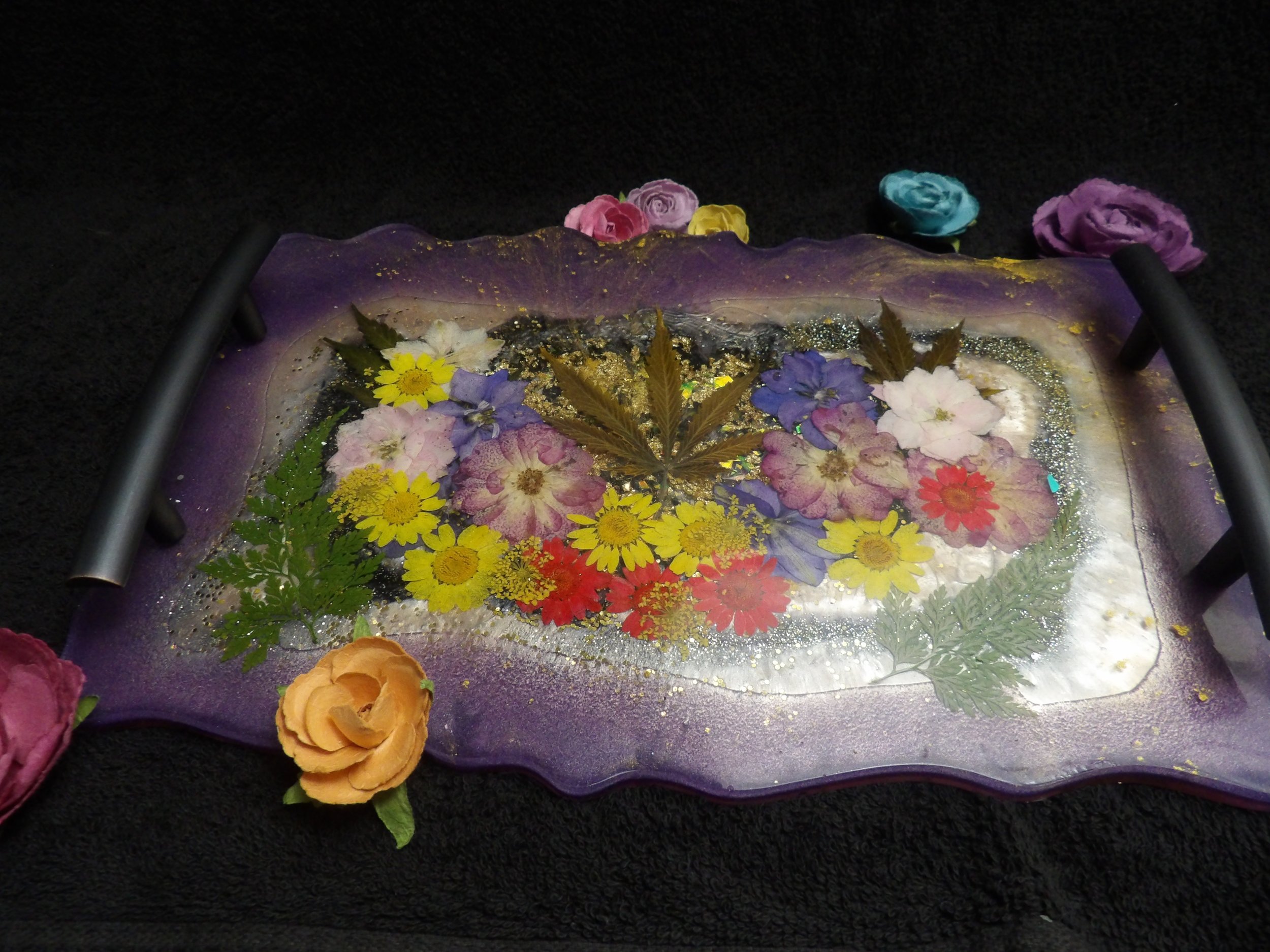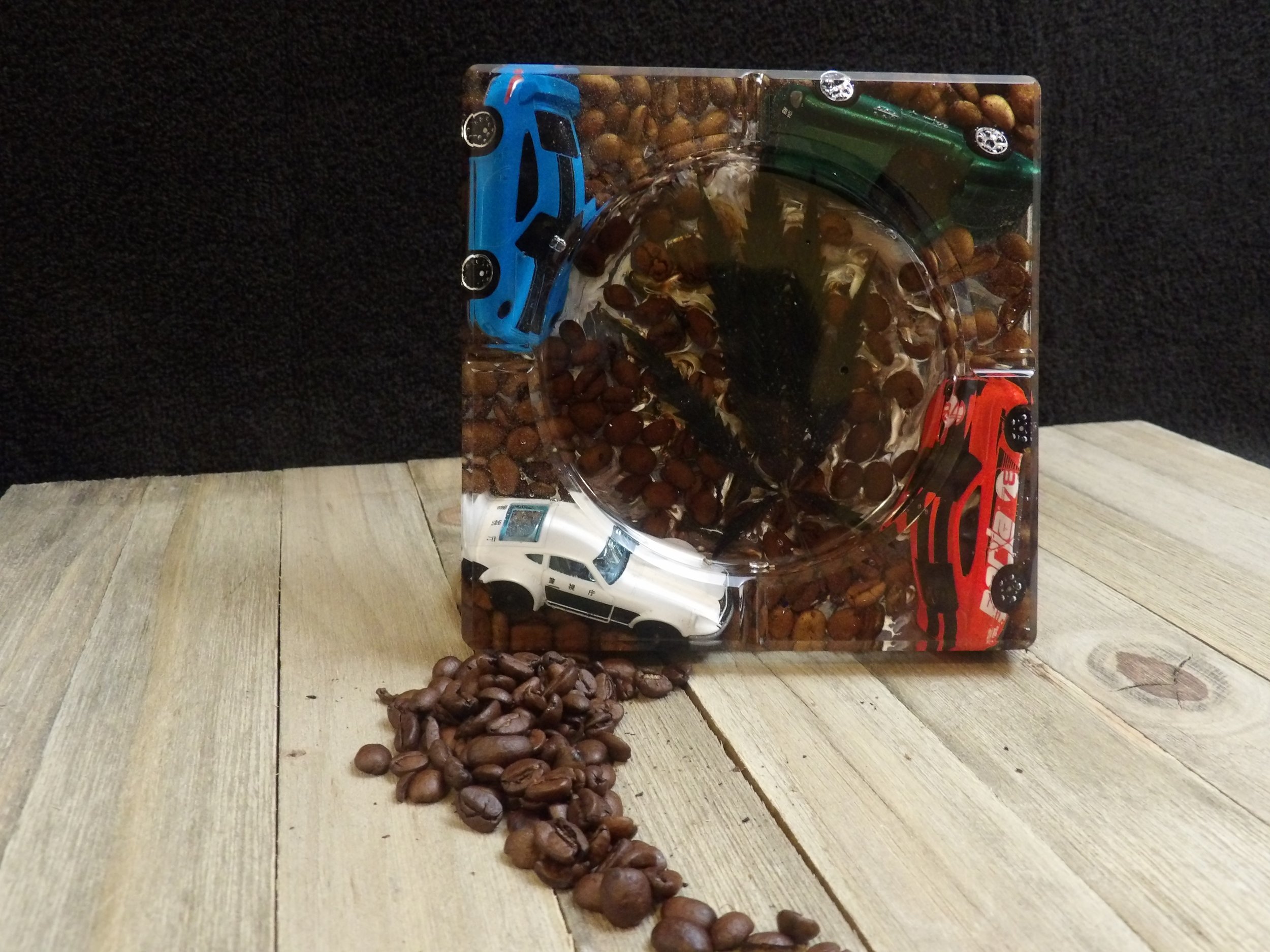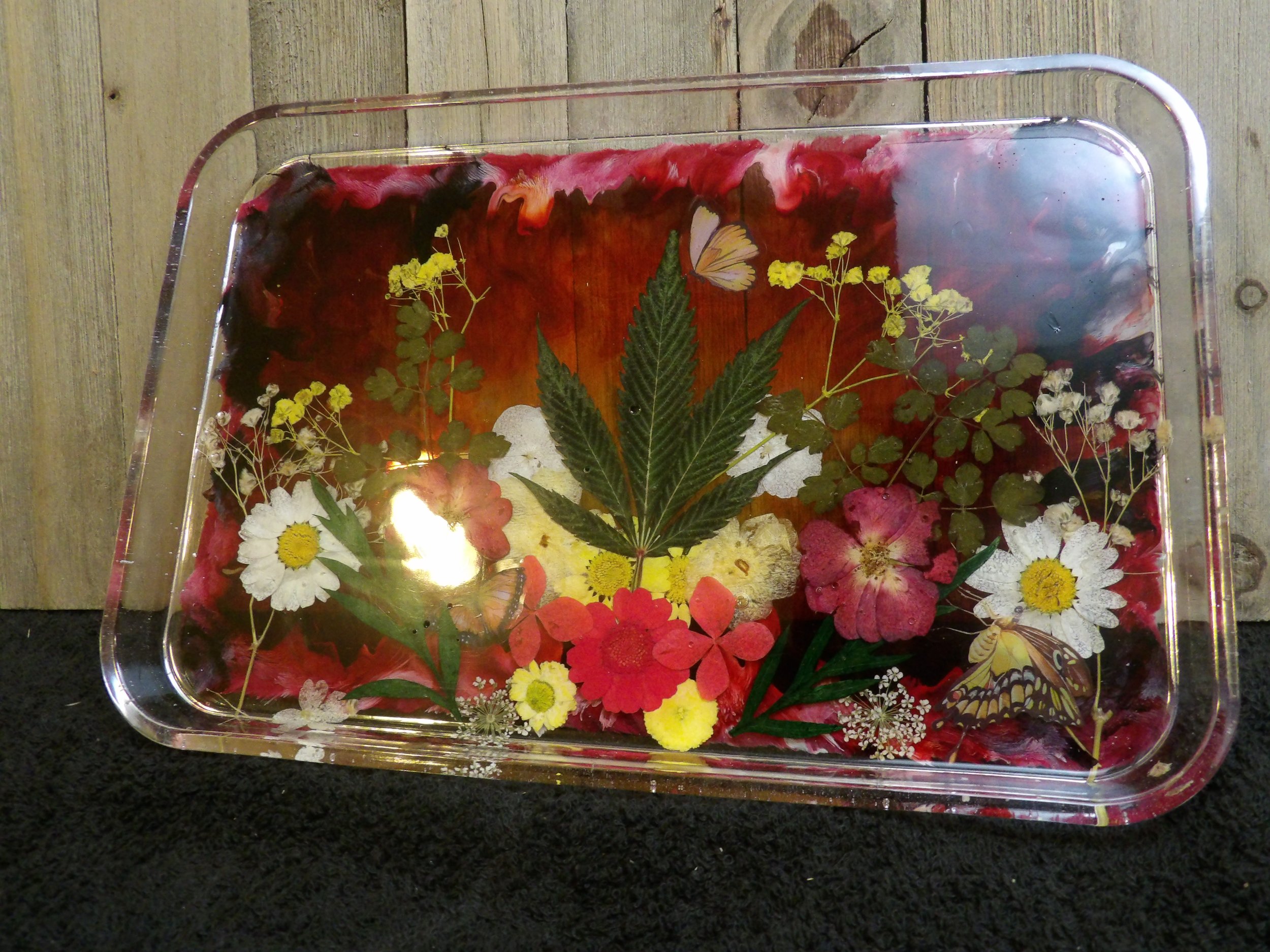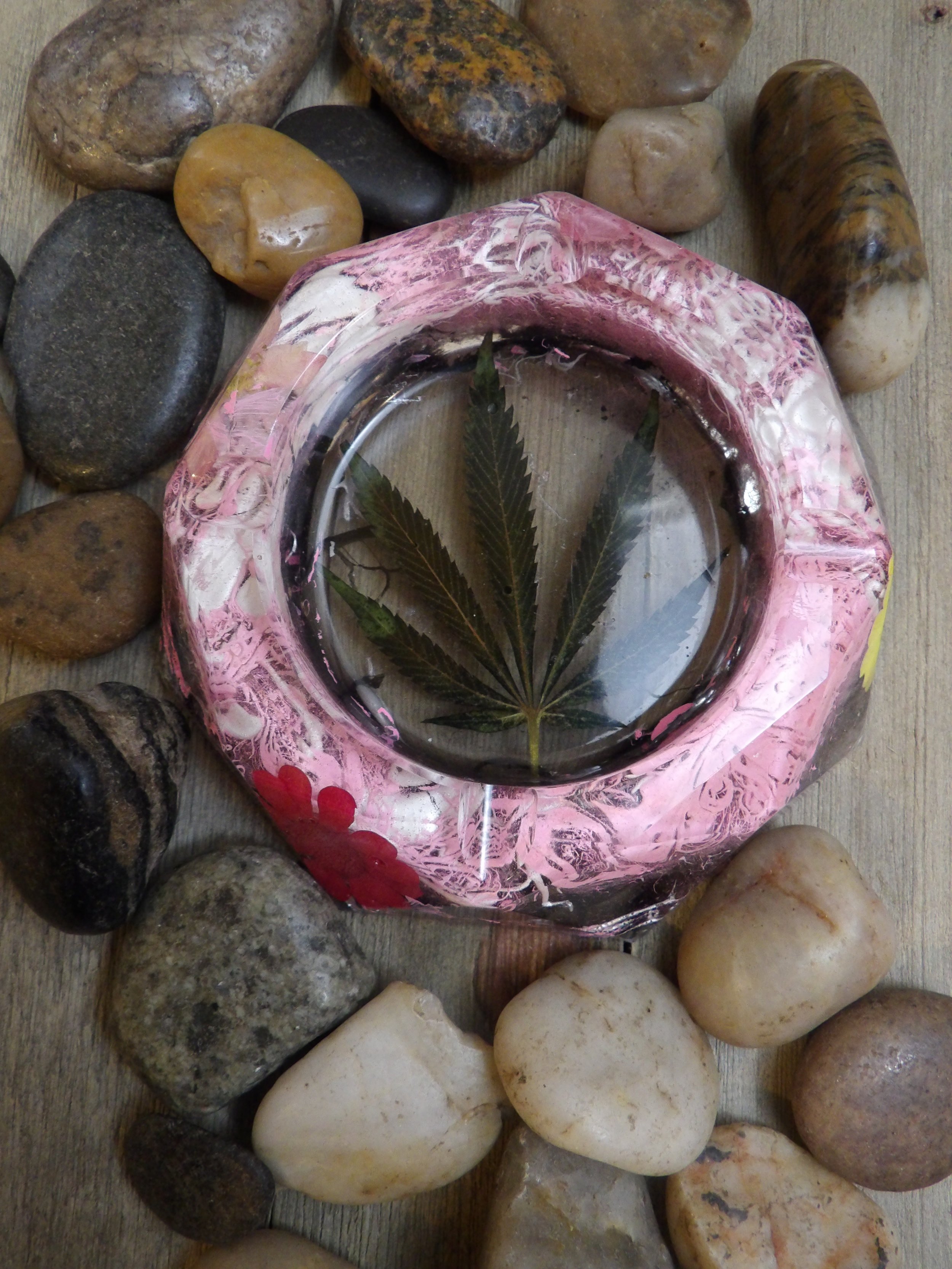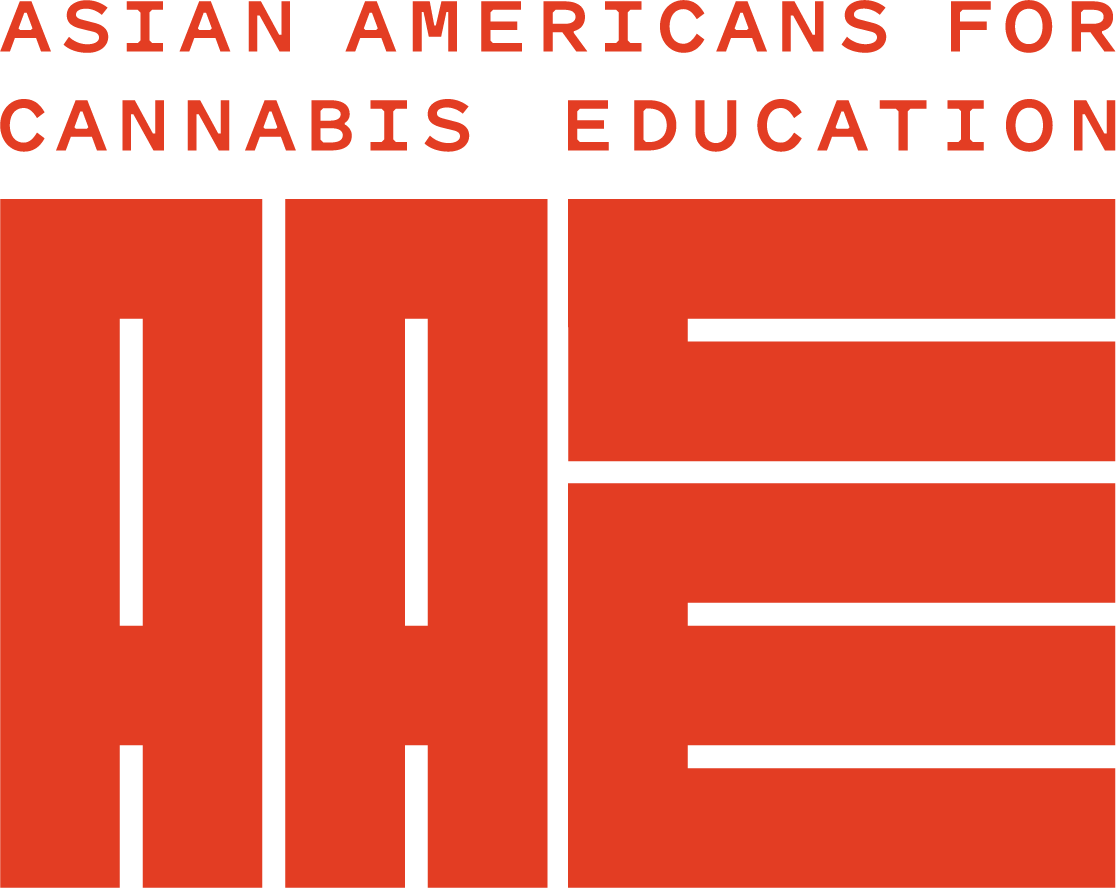““My advice to young ‘Angie’ and any young woman growing in your industry: Recognize your greatness, because other people see it too.””
Within the Asian American community, we are not a monolith and have very different opinions on just about everything, and one of them is cannabis. Today we talk to Filipino American Angie Macaraeg of Cannasafe. Angie educates within her community to dispel misinformation about cannabis and the community that has built this industry from the soil up, like seeds she is planting her flag for wellness within the diverse API community.
Why did you enter the cannabis industry?
The upbringing of a minority American has a lot of pressure. A lot of pressure to choose what you want to do in life by high school, the pressure to be in a field that your family falls into, the pressure to confine ourselves into this mold that society puts us into. The "model citizen", the "smart Asian", are all stereotypes that pressure us to burst or break.
My mother had always expected me to be a nurse like my grandmother, aunts, and cousins. I hated blood and couldn't concentrate too well in math and science. My father had often suggested going into the military or naval shipyard, just like his brother, my brother, and my cousins before me. I had switched majors so many times that I started to lose count.
Here's what I knew, I loved cannabis and I loved people. I loved advocacy and a little righteous rebellion. I loved how it made me feel and I loved the places my mind went and I loved how my body felt. I felt moved, compelled, and passionate when it came to the topic of cannabis. In college, I would base all of my art assignments around cannabis ( and back then it was just taboo enough to get "ooooo"s and "aaaah"s from all spectators). With a brown thumb and no legal opportunities, I waited. I advocated. I voted. And then boom, decriminalization.
By the time I had built up a solid professional background outside of cannabis, opportunities within the legal industry came up as I started to seek them out. In the most serendipitous way possible. I finally have the opportunity to apply what I learned from the school-of-hard-knocks to an industry surrounding the one topic that's always moved me: cannabis. The rest is history.
How did you first broach the topic of entering the cannabis industry with your family?
Admittedly, it was a Facebook post. It was my grandiose declaration of living life my way, outside of the box. I was too scared to tell my dad and brothers because they had always been so supportive of my endeavors in the automotive field. I was such a rebel and lost soul through my adolescence, so it was nice to hear praises from my family. I was so used to lectures, but I am also hard-headed and deserved them.
Every Friday my family would do a group chat, so I strategically made the post on a Friday morning. They immediately called for a group facetime and expressed their shock. They were mostly concerned about me leaving such a secure career for the cannabis industry, but overall they were really supportive. It actually surprised me, but I'm so blessed with my family. I ended up finding out my late grandfather used to grow weed in the 80s, and the thought of it tickles me to this day.
My mom took a little more work to ease into it. She has always been super supportive, so as long as I showed her I was chasing my dreams. But she is a traditional Filipina woman who held onto stigmas for a long time, but the longer I was in the industry, the more she understood why I was in it. I'll give you 3 letters: CBD. CBD would start to work wonders on some of her aches and pains, and eventually, I would be her CBD plug. She stopped seeing it as a drug, and realized, it's just a plant.
Honesty and education were key to making "the talk" so much easier. The more I talked about the science about weed, the more they realized, hey, she isn't just smoking pot all day and pushing pounds.
Tell us about With Love, Tangie we are loving what you are doing combining art and cannabis.
Thank you! With Love, Tangie launched in March 2020, during the height of the pandemic and prevalent peek of racial disparities portrayed in the media. Emphasis on the "portrayed in the media", because not much has changed. My heart was breaking every day watching the news, seeing social media, and watching my neighborhood crumble. I live near downtown Long Beach, and seeing armed national guard with automatic rifles at every corner in response to the protests and riots was stomach -turning to say the least.
All this happened while thousands were dying by the day from an unknown virus that took a worldwide sweep of the globe.
I wanted to go and protest, I wanted to advocate. But with my high-risk mother and toddler son in my home, I couldn't risk bringing the virus home. So the next best thing was to advocate online, like everyone and their mother who became a social justice warrior overnight (which was a good thing, it was being talked about). It didn't feel like enough, and frankly, finances were tight and I wanted to give more than I could.
My partner and I got into resin art and started infusing dried cannabis leaves into them. We made rolling trays, ashtrays, keychains, picture clips, joint clips, wall art, shadow boxes, and more. We made what we could and sold through Etsy, Instagram, and word of mouth. Once the world started to slowly open up, we would show up at dispensaries and farmers’ markets (that’s where most of our success comes from). 20% of all proceeds go to charity every month. We've donated to The National Bailout Fund, Last Prisoner Project, The Trevor Project, and others, thanks to the help of our supporters.
We are currently on hiatus until we can find a studio we can create in. We have a small space and resin can be pretty toxic before curing, and we don't want it to harm our son. Follow @withlovetangie on Instagram for more updates!
Where do you see testing for cannabis? Will we see any easing of the testing and be more on par with other plant products?
This is such a great question! It opens up a floodgate of thoughts, and really puts into perspective the evolution of cannabis over the last decade. There are so many feelings about cannabis testing, and admittedly I'll say I have a slight bias working at a cannabis testing lab, so I'll come out the gate with all the cons so that I can buy some time on my soapbox: It's costly, it's a lot of boxes to check, it's over-regulated and it can be the bottleneck to the whole chain.
Now, for the meat and potatoes. The main argument I hear about testing is "We've been smoking moldy weed for decades and haven't died over it!". My response was, "First of all, gross. Second of all, if we knew there was mold in the weed, would we still smoke it?". We live in a world of information to help us make the best decisions for our lifestyle. When we look at holistic healing, do we not want to offer the best quality product that's been tested for safety? I standby California's compliance list, it's robust and many people in the CBD space want to mirror it. We could probably test for more.
Secondly, with new innovations in manufacturing products, we are able to consume cannabis in so many different ways now! We can use it as topicals, tinctures, suppositories, even put it in your shrimp chips (shout out to PotLi, yum!). So the manufacturing process is one to really think about. We aren't only concentrating cannabinoids in the product, but also the pesticides and metals from the flower. A pesticide, myclobutanil, converts to hydrogen cyanide when heated. Yikes. To me, having manufactured product testing mirror food-grade or pharma-grade testing really isn't a bad idea.
The last part I'll touch on is lab-testing regulations are loose and create such an uneven playing field within the space, I feel that no matter what they add or take away in the regs, we need to have lab standardization, or else it's pointless. Different labs have different testing methodologies that yield different results. Who's to say a lab is the "best" when it comes to data when we all have different ways of getting answers to the same problem?
It's become a "numbers game" where the lab with the highest potency numbers and turnaround time gets the business. But until we, the cannabis culture as a whole, pivot the focus of "high THC" to a more empowering educational focus, it won't compel companies to focus on other cannabinoids and terpenes. And until we see standardization with all testing labs, it's a continuous game of musical labs for the companies. And don't get me wrong, there are companies doing it RIGHT by educating their consumers.
What strain do you love the best?
Oh man, this is the most difficult question. I smoke different strains throughout the day depending on my feeling, but here are my currents and classics: Banana Kush, Gorilla Glue, Tangie, Northern Lights, Black Orchid
As an API female, do you feel that you have higher marks to make than your other contemporaries?
1,000%. I've been grossly underpaid in the early part of my professional career because I let others push me into the mold. Back then I couldn't even imagine someone like me in an executive role, because every single executive was an older white male (with perhaps the exception of one minority).
Looking back at my past, I realize how I often made less than my white male counterparts. I'll often work harder, put in more time, and become more involved, but still earn less. I typically have to crank up the hustle twice as hot to begin to earn what I'm worth. It's not my business to know people's pay, but when they share it freely without breaking a sweat, it's hard to shake.
Thankfully, where I'm at now values my worth, but it took a couple of crapshoots to get here. My advice to young “Angie” and any young woman growing in your industry: Recognize your greatness, because other people see it too.
Below we have a gallery of Angie’s resin art with cannabis, we are in love with her passion and her creativity.
Links:
